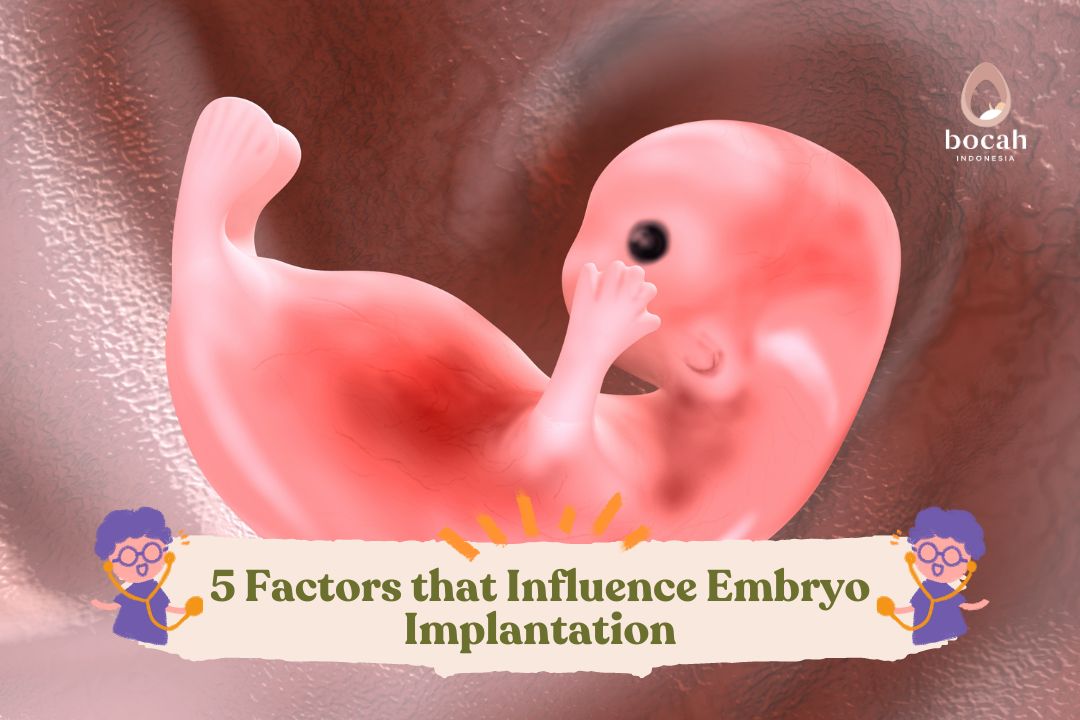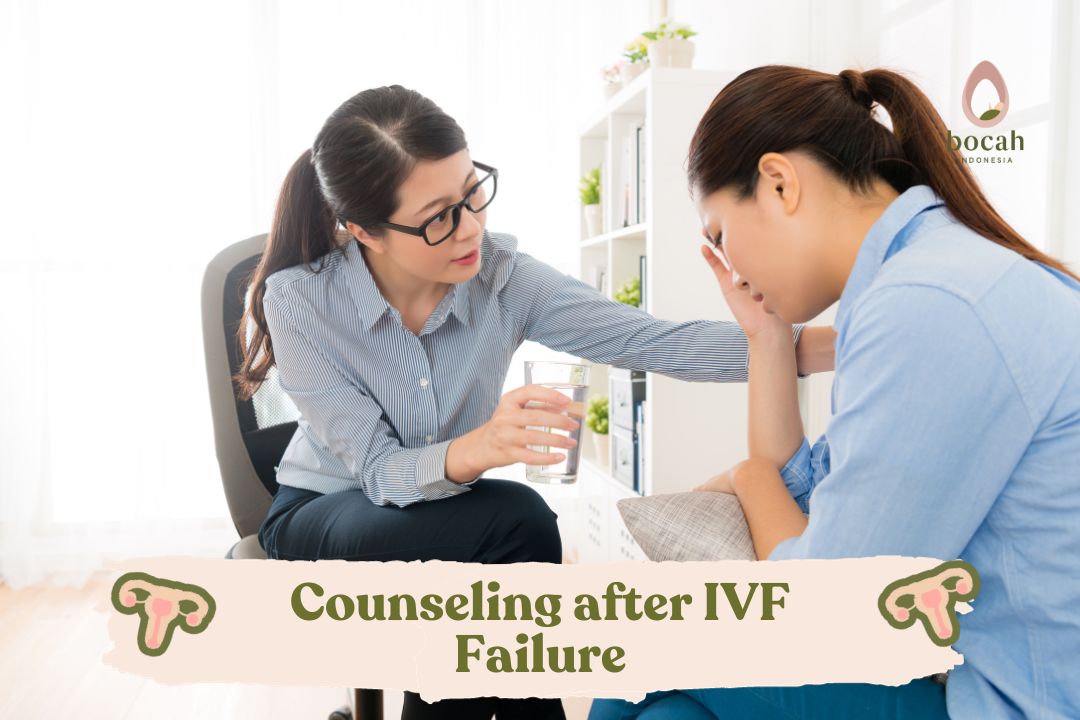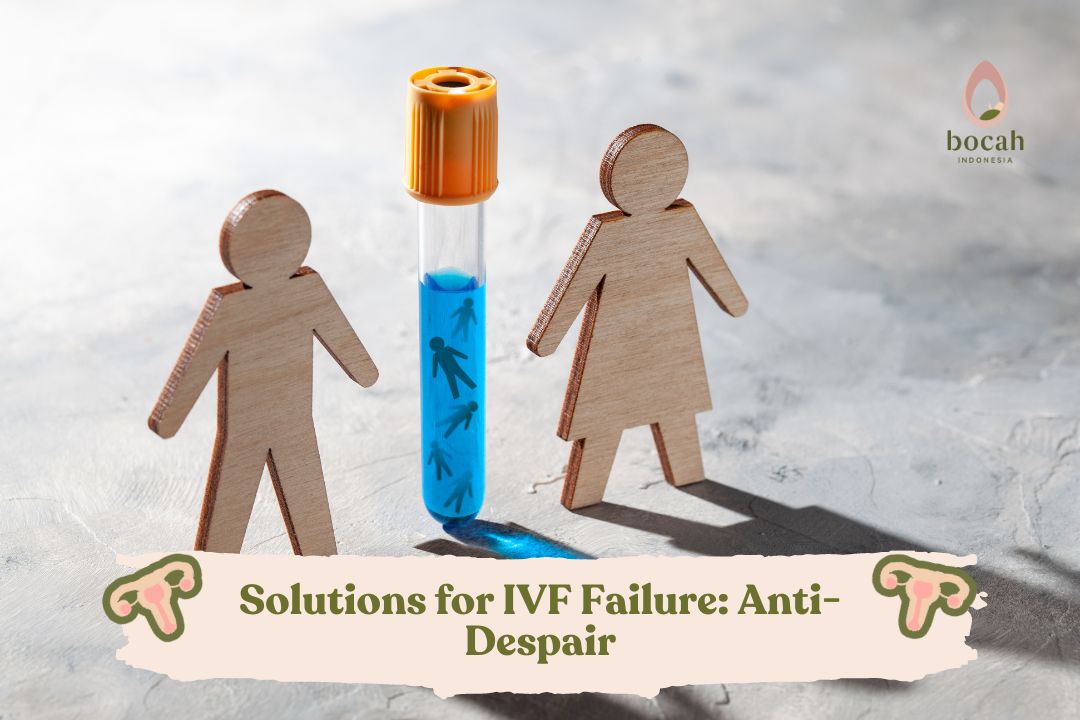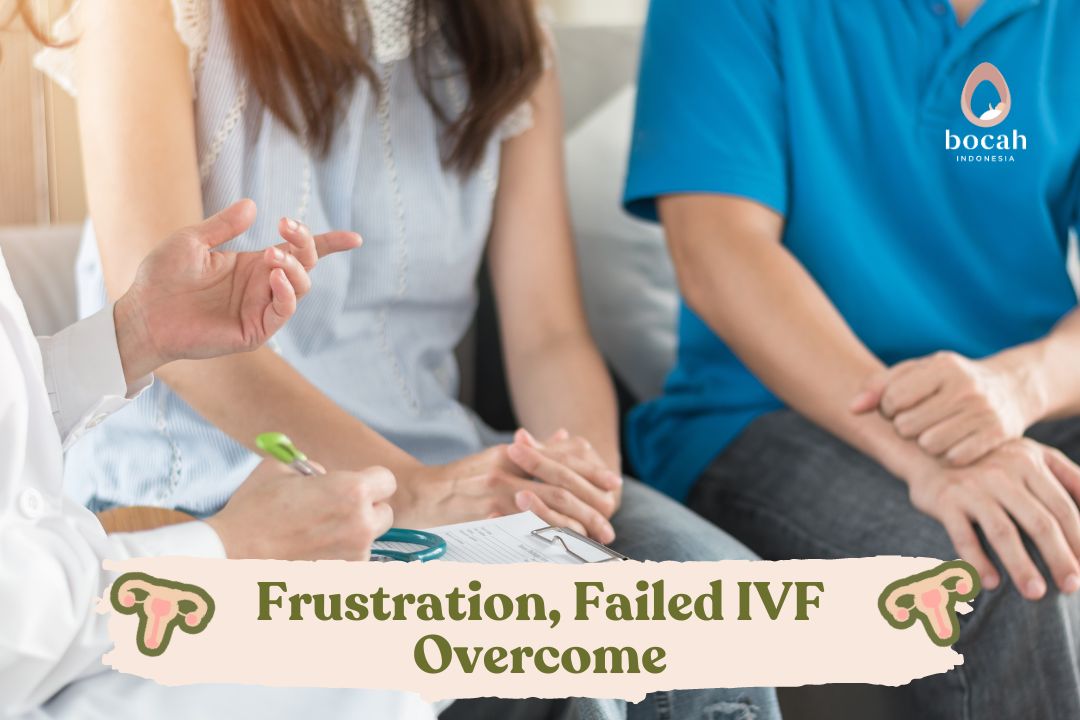Failed Implantation Causing Maternal Depression?
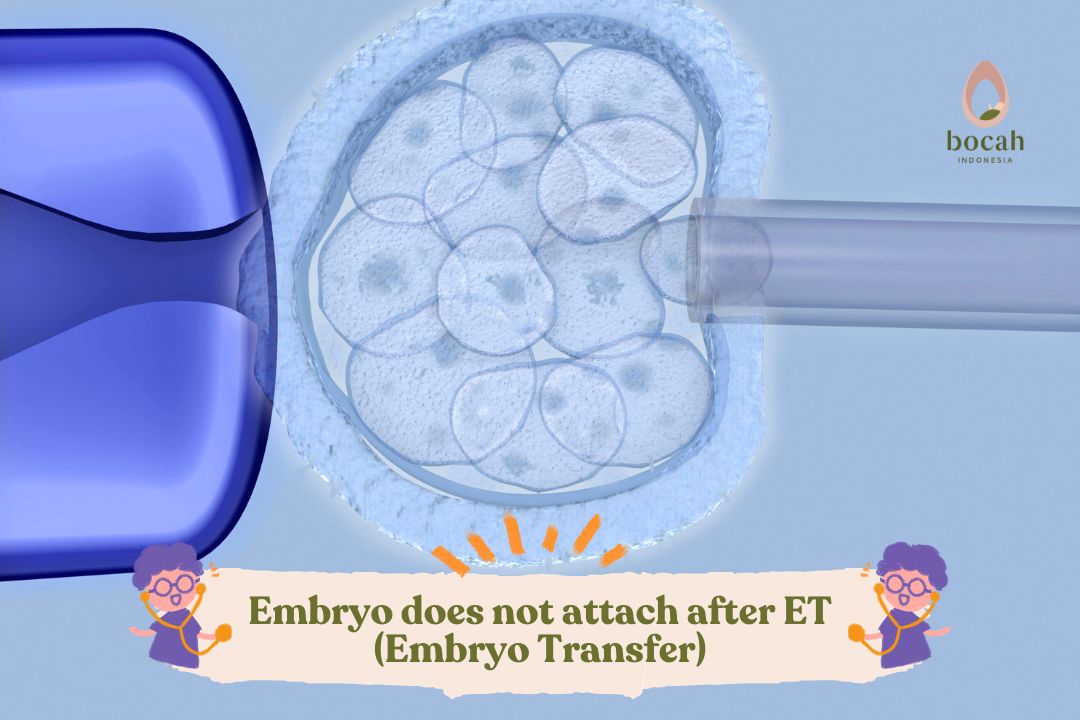
After undergoing embryo transfer (ET), it is expected that the embryo can attach to the uterine wall for pregnancy to occur.
Embryo transfer, also known as embryo transfer (ET), is one of the processes in in vitro fertilization (IVF). In IVF, fertilization occurs outside the body, in a laboratory. Eggs retrieved from the mother’s uterus are fertilized by sperm cells retrieved from the father. When successfully fertilized, the eggs develop into embryos.
Subsequently, embryos monitored for several days in the laboratory are inserted back into the mother’s uterus. This process is known as embryo transfer (ET).
This process determines whether the embryo will attach to the uterine wall or not. If the embryo attaches, it increases the chances of achieving pregnancy.
Can Embryos Fail to Attach After ET?
This condition can happen to anyone. The process of implantation (attachment of the embryo to the uterine wall) can lead to the failure of IVF.
Tanya Mincah tentang Promil?
Normally, embryos will attach correctly to the uterine lining. If the implantation process fails, there is no chance of pregnancy. There are several conditions that can cause implantation failure, such as autoimmune diseases, uterine polyps, endometrial polyps, uterine infections, elevated progesterone levels, and the presence of irregularities in the uterine cavity.
In the IVF process, there is a waiting period of 2 weeks after the embryo transfer procedure. This is to confirm whether the embryo has successfully attached to the prospective mother’s uterine wall. The waiting period after the ET process is referred to as the 2 weeks waiting (2WW).
According to research published in the International Journal of Reproductive BioMedicine, undergoing acupuncture for 25 minutes before the ET procedure can significantly improve IVF outcomes compared to without acupuncture.
Factors Contributing to IVF Failure
Apart from issues with implantation, there are several factors that can lead to IVF failure, including:
-
Mother’s Age
The mother’s age affects the success of IVF. As the age increases, the quality of the eggs decreases. Therefore, the younger the age, the higher the chances of success.
-
Mother’s Body Response
Incompatible responses of the mother’s body to the treatment during IVF can also reduce the chances of success.
-
Poor Embryo Quality
Embryos with poor quality can lead to the failure of the IVF program. This condition can occur when the eggs or sperm are of poor quality.
-
Lifestyle Factors
Unhealthy lifestyle choices, such as consuming improper food, alcohol, smoking, and being overweight, can affect the success of the IVF program.
-
Chromosomal Abnormalities in the Embryo
Chromosomal abnormalities in the embryo can lead to the failure of the IVF program. Chromosomal abnormalities can be detected through preimplantation genetic testing (PGT).
That concludes the explanation regarding the possibility of embryos not attaching after embryo transfer. However, parents should not worry; failure is not the end of the journey. To maximize the success of the IVF program, Bocah Indonesia offers Embryology Counseling (EC) services.
Through this service, parents who have undergone IVF or experienced failure in previous cycles can undergo evaluations to improve the chances of success in the next IVF cycle.
Consultations are conducted with embryology experts who will analyze the medical reports of the parents and the embryos from previous IVF cycles. Interested in Embryology Counseling? Register yourself here!
Source:
- Dehghani, A.S., et al. (2020). The effect of acupuncture on the day of embryo transfer on the in vitro fertilization outcomes: An RCT. Int J Reprod Biomed. 2020 Mar; 18(3): 209–214. https://www.ncbi.nlm.nih.gov/pmc/articles/PMC7142313/
- Colaco, S., Sakkas, D. (2018). Paternal factors contributing to embryo quality. J Assist Reprod Genet. 2018 Nov; 35(11): 1953–1968. https://www.ncbi.nlm.nih.gov/pmc/articles/PMC6240539/
- Bashiri, A., et al. (2018). Recurrent Implantation Failure-update overview on etiology, diagnosis, treatment and future directions. Reprod Biol Endocrinol. 2018 Dec 5;16(1):121. https://pubmed.ncbi.nlm.nih.gov/30518389/


